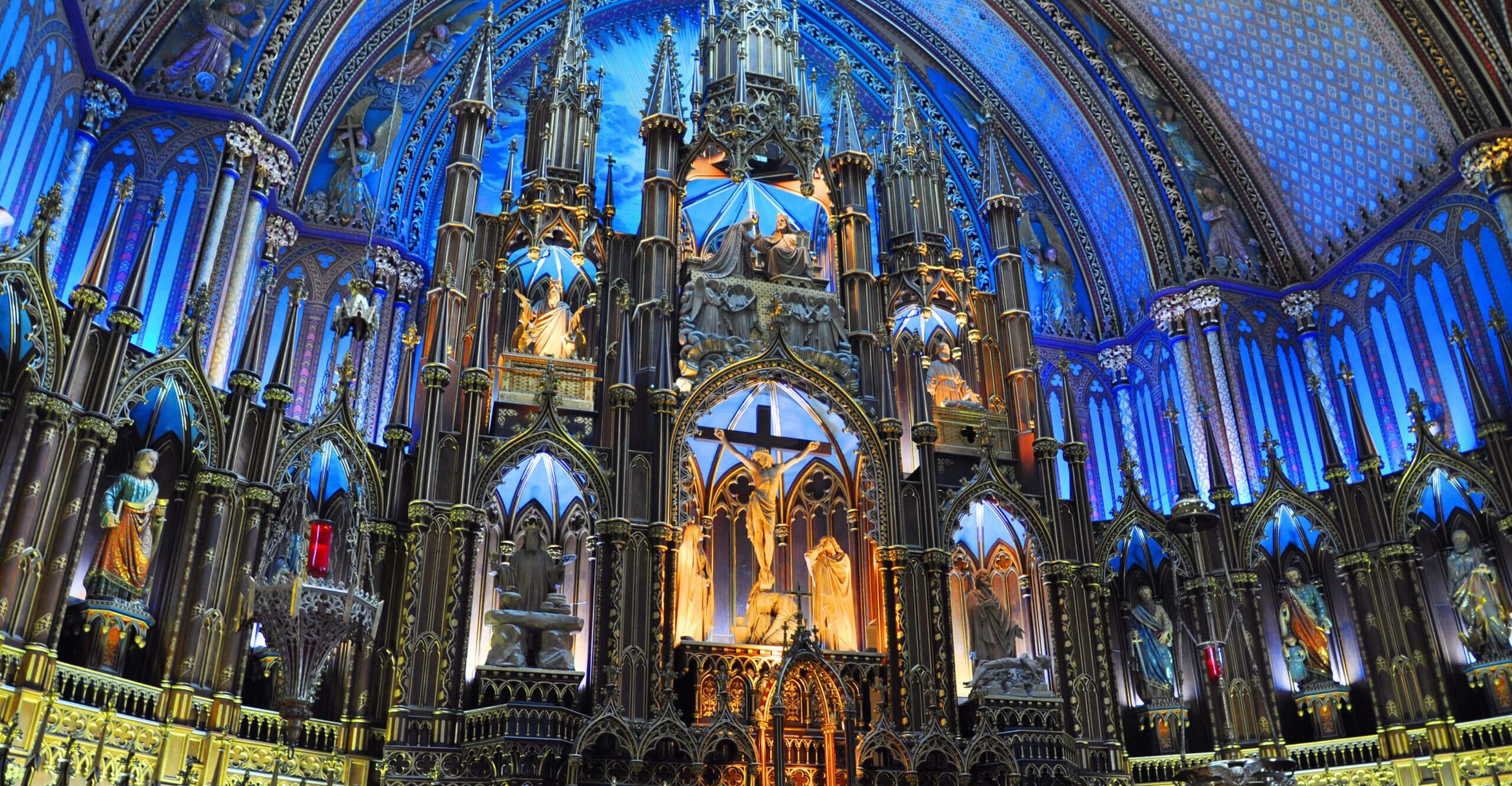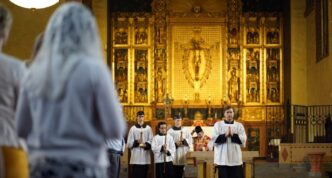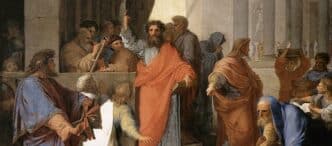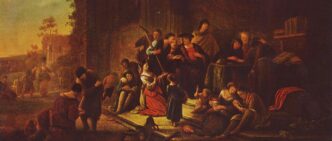Some years ago, the late Queen Elizabeth II, and her husband, Prince Philip, went to Canada. To commemorate the occasion, Canada’s postal service issued a set of postage stamps, each bearing the queen’s image, and the caption, “Royal Visit to Canada.”
Since the stamps bore her image, the design was submitted to the queen for her approval. She made one change. She changed “Royal Visit” to “Royal Tour.”
“The queen of Canada does not visit Canada,” Elizabeth said. “When she is in Canada, she is at home.”
Thus, in late May, her son, King Charles III, formally called into session the newly elected Canadian parliament, acting officially as king of Canada, and under the Canadian constitution, formally adopted by the Canadian people, as Canada’s official head of state.
Canada became totally independent a long time ago, but it chose to remain a monarchy, sharing its monarch with the United Kingdom, simply to remember and honor its own special identity, drawn from its unique history.
That unique history includes a development which grew from circumstances singularly Canadian, but which had considerable bearing on the Catholic Church and the lives of Catholics around the world, especially Irish Catholics and their descendants.
Catholic Quebec becomes an English colony
In 1608, only one year after England established its first permanent colony in North America, the French founded the colony of Quebec. It thrived. It was Catholic territory. The Diocese of Quebec was established in 1658, 130 years before the Catholic Church was organized in this country. From Quebec, the great French missionaries, saints among them, went forth to preach the Gospel.
Seeing Quebec as a threat to its own colonial ambitions, Britain invaded and conquered Quebec in the late 1750s. But to avoid eternal rebellion, the British made concessions. In the years that followed, it was decided that Quebec could have its own laws. French, not English, would be the official language, and Catholicism could be openly practiced.
At the time, British laws curtailed, and often forbade, practice of the Catholic faith, which was especially hard for the devout Irish, then ruled by Britain.
British and Irish Catholics began to ask: If Catholics in Quebec could be Catholics, why couldn’t they?
It took a while, but in 1829, British and Irish Catholics received the full rights of citizenship, and the practice of the Catholic faith became legal.
Ripple effects throughout the British Empire
This was a major turn of events in Britain and Ireland, allowing Catholics, primarily Irish Catholics, to travel throughout the developing British empire, from New Zealand to Jamaica to Malaya, to proclaim the Catholic faith.
Today, the Church is firmly seated in Australia, India and other parts of what, until after the Second World War, was the far-flung British empire, the empire upon which “the sun never set.”
Some today say that the hope of the Catholic Church is in Africa, in places that once were British colonies, to which mostly Irish Catholic missionaries brought the Church. For example, Nigeria at present counts 35 million Catholics among its citizens, a fourth of the population. Twenty percent of the Kenyan population is Catholic. Thirty-seven percent of the people in Uganda profess the Catholic religion.
Much has changed in Quebec in the last generation or so, where secularism has dealt a mighty blow. But it long was one of the most fervently Catholic areas of the world. The tradition, culture, value system and habits of the people of Quebec all bear the indelible imprint of Catholicism because 275 years ago, the British decided to let Catholicism live in Quebec, unimpeded by government restrictions.
Current prime minister Mark Carney is a practicing Catholic, as were most of his predecessors in the past 70 years.
American Catholics always have had to claw their way along, at times just to survive. This has never been the case in Canada. A robust democracy for many long years, certainly in pivotal moments, and an abundance of Catholic voters in Quebec, composing a large section of the electorate, assured that the Catholic Church, and Catholics, were respected.








